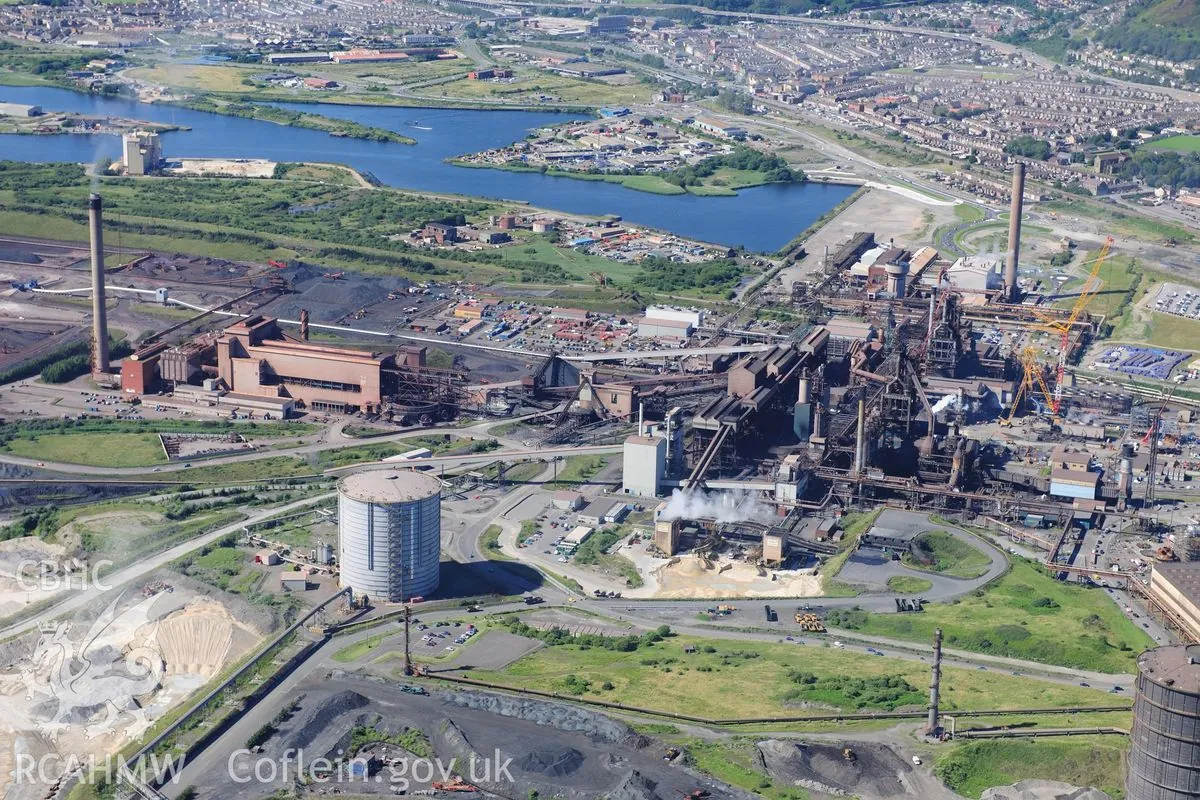UK Steel Industry Faces Decarbonization Challenges, Job Losses Loom
UK steelworks transition to greener production, risking thousands of jobs. Government support of £500 million for Tata Steel raises questions about the future of British steel manufacturing and self-sufficiency.

The UK steel industry is undergoing a significant transformation as it shifts towards greener production methods, challenging the government's assertion that decarbonization doesn't equate to deindustrialization. This transition is particularly evident in the steelworks of Port Talbot and Scunthorpe, where the move from traditional blast furnaces to electric arc furnaces is resulting in substantial job losses.
Tata Steel, the Indian conglomerate that owns the Port Talbot works, has cited unsustainable losses from current production methods as the reason for this change. The UK government has agreed to support this transition with £500 million of public funds. However, the process is not without its challenges. Once the blast furnace closes, it will take at least five years before the new electric arc furnaces are operational and connected to the grid.

This shift in production methods raises concerns about the UK's steel manufacturing capabilities. The new furnaces will primarily produce recycled steel by melting scrap, rather than creating virgin steel through the carbon-intensive process used in blast furnaces. If both Port Talbot and Scunthorpe blast furnaces close, it would mark the first time since the Industrial Revolution that the UK lacks the ability to produce its own primary steel.
"A strategy setting out the future of the industry would be published next year"
The implications of this transition are far-reaching. The UK, once the world's largest steel producer in the 19th century, may become increasingly dependent on steel imports from countries less concerned with decarbonization efforts. This reliance could leave the nation vulnerable during times of crisis when access to steel stocks might be limited.
While recycled steel production using domestic scrap could enhance self-sufficiency for certain types of steel, it won't cover all needs. Electric arc furnaces can process up to 100% scrap metal, promoting a circular economy and reducing carbon emissions by up to 80% compared to blast furnaces. However, this shift comes at the cost of jobs in an industry that currently employs around 33,700 people in the UK.
The UK government's ambitious goal to reduce carbon emissions by 78% by 2035 compared to 1990 levels is a driving force behind this industrial transformation. The global steel industry accounts for about 7-9% of all direct fossil fuel emissions, making it a key sector for decarbonization efforts.
As the country that gave birth to modern steelmaking through innovations like Henry Bessemer's process in 1856 and Abraham Darby I's blast furnace in 1709, the UK now faces a pivotal moment in its industrial history. The transition raises questions about the balance between environmental goals and industrial capacity, challenging the notion that decarbonization can occur without significant industrial restructuring.


































